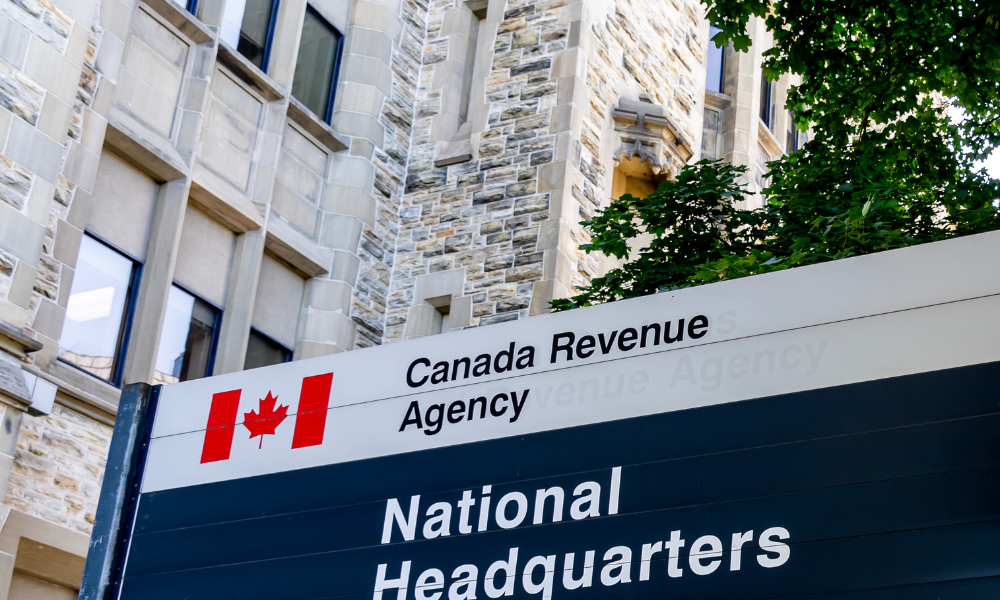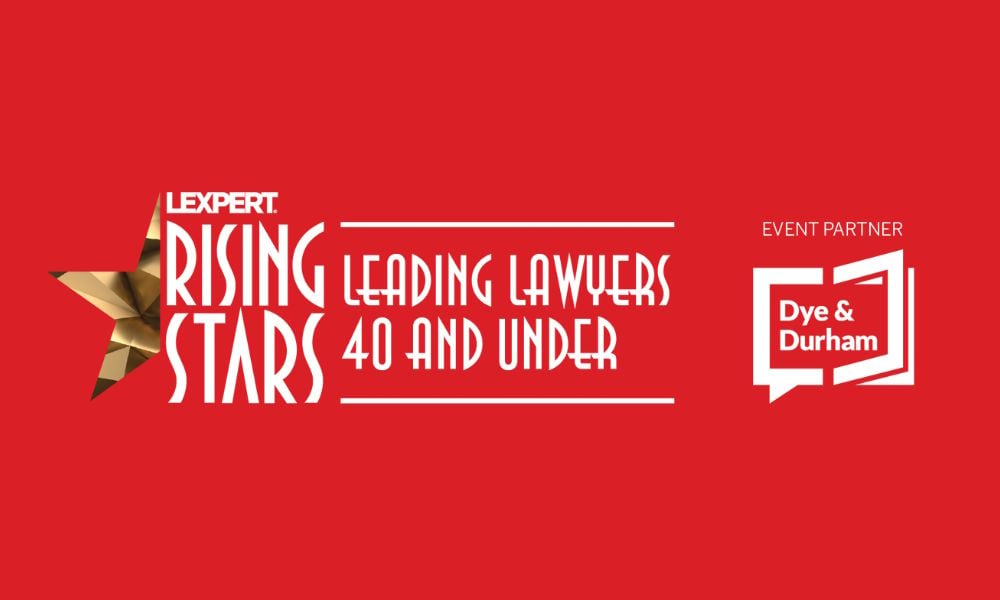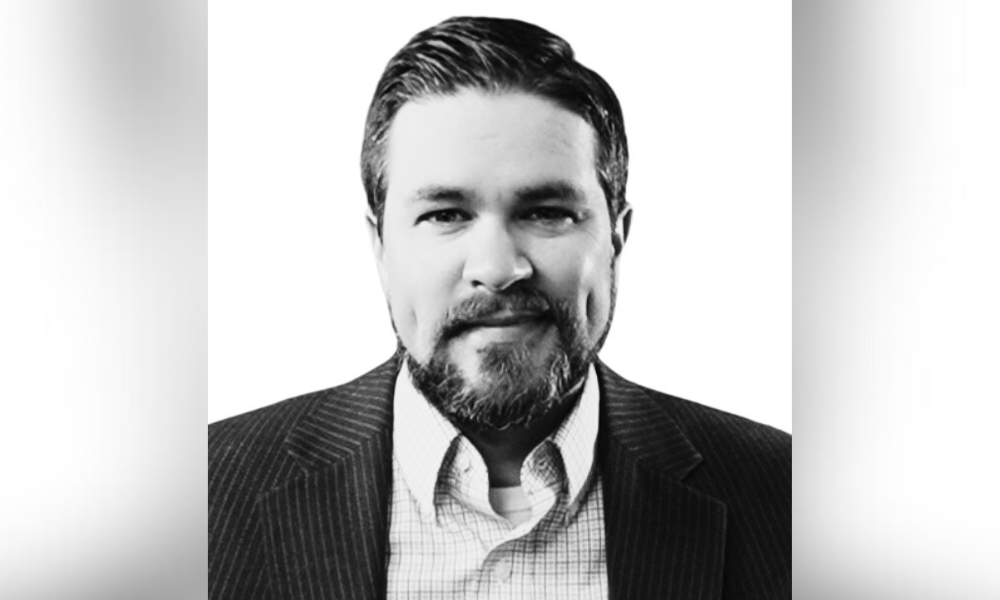Pandemic exemption to independent practice registration certificate is narrow: health policy lawyer

The College of Physicians and Surgeons of Ontario Council has approved a policy offering applicants whose independent licensure has been delayed due to COVID-19-related postponements an exemption to completing the second part of the Medical Council of Canada’s qualifying examination.
Lawyers advising applicants through this registration process should bear in mind that the pandemic exemption in the new policy, while applicable to both Canadian and international medical graduates, narrowly applies to only a few eligible applicants, with original registration for the exam being a key threshold requirement, Mina Karabit, a lawyer at Wise Health Law Professional Corporation, said to Canadian Lawyer.
The policy, approved by the council in March, allows the college’s registration committee to order the registrar to issue a independent practice certificate of registration to an applicant who has yet to complete the second part of the qualifying examination (the MCCQE2) if the applicant is:
Latest News
- eligible to challenge the MCCQE2 at the sittings in May 2020, October 2020 or February 2021,
- presently or formerly registered in Ontario at the time that they were eligible to challenge the MCCQE2 at the aforementioned sittings,
- within 24 months from completing their postgraduate training at the time that they were eligible to challenge the MCCQE2 at the aforementioned sittings,
- otherwise complying with the other requirements for the certificate, and
- complying with the non-exemptible requirements stated in s. 2(1) of Ontario Regulation 865/93.
The college’s announcement notes that the application of the new policy may be extended to future sittings.
As of Feb. 18, the Medical Council of Canada said that it would offer a virtual delivery of the MCCQE2 starting on May 18, over 20 days in May and June. This virtual delivery aims to allow candidates to get back on their path to full licensure and to afford them with more flexibility.
Under s. 3 of Ontario Regulation 865/93, applicants seeking an independent practice certificate of registration should show the following:
- a degree in medicine
- successful completion of the first and second parts of the Medical Council of Canada’s qualifying examination
- a certification by examination by the Royal College of Physicians and Surgeons of Canada or by the College of Family Physicians of Canada
- completion of clerkship or a year of postgraduate medical education at an accredited medical school in Canada, or a year of active medical practice in Canada
Lawyers should ask their clients whether they plan to move jurisdictions in the future, at the risk of
creating certain unintended mobility issues, and whether they might prefer to sit their exams when the exams next become available to avoid potentially limiting their licencing options throughout the country, Karabit suggested.
“For example, in a few years, we may see physicians who are qualified to practice independently under this policy in Ontario have a harder time moving to another province,” Karabit said.
Karabit said that, if past practices hold true, the college may either create specialized application forms or add new fields to existing forms. Lawyers should advise their clients to use the correct forms and to answer the questions accurately to avoid making costly and time-consuming mistakes, Karabit recommended.
“This policy is contentious as reactions from the other provincial and territorial colleges have been mixed,” Karabit said. “The Medical Council of Canada entry-to-practice exams are a national standard, with most colleges requiring successful completion.”
In a blog post titled Pandemic Exemptions for CPSO Registration, Karabit said that the college’s new policy is intended to address certain issues, such as the issuance of restricted certificates, which leads to significant pay cuts and the need for supervision, and the growing backlog of candidates arising due to the postponement of sittings and the inadequate planning for alternative ways to conduct the exam.
Karabit noted that, aside from Ontario, Nova Scotia is the only other Canadian province that has implemented a similar policy.
Interested individuals may read more about the college’s new policy here.






